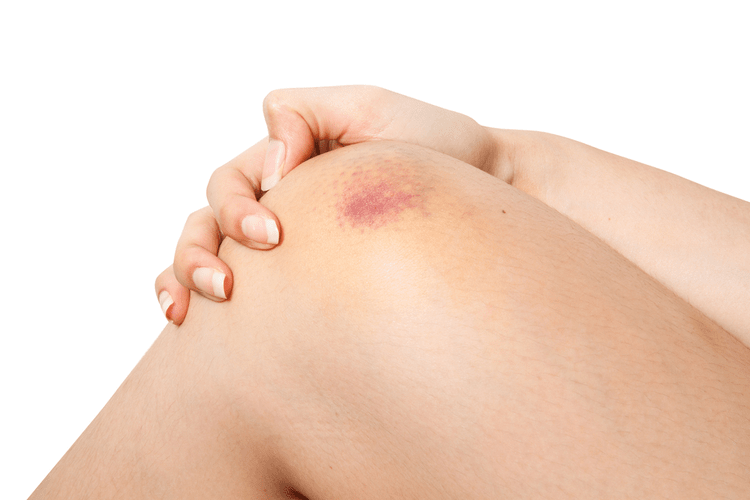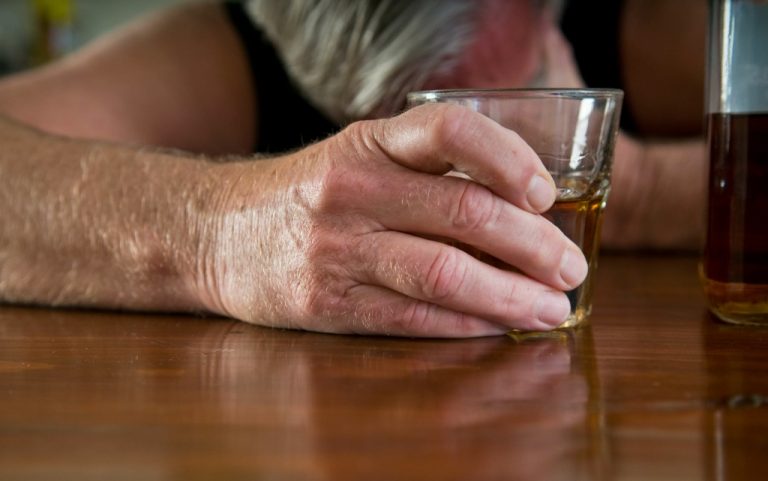The combination of medication and therapy can significantly improve the chances of successful recovery. To learn about how our substance abuse treatment programs address alcohol dependence and withdrawal management, please contact us today. All of these withdrawal symptoms are common during acute alcohol withdrawal syndrome. For example, depression could cause suicidal thoughts, and eating poorly can weaken your immune system.
Drugs & Supplements
This is why it is essential to determine your method of tapering and your tapering schedule with the supervision of a medical professional experienced in an alcohol addiction recovery treatment. However, when you quit drinking abruptly, your body’s chemical balance will be thrown off suddenly, leading to uncomfortable side effects. You will have an imbalance of excitatory and inhibitory Sober House chemicals in your nervous system. This is why many of the alcohol withdrawal symptoms seem to be related to overstimulation, like shaky hands, racing thoughts, and insomnia. If you suddenly quit drinking, your brain can start to make more of an excitatory substance called glutamate. This excessive glutamate level can lead to alcohol withdrawal symptoms, which can be dangerous.
- Alcohol withdrawal is potentially fatal, especially for people with an alcohol addiction.
- When you are detoxing from alcohol at a rehab center, nurses and doctors monitor vital signs, provide adequate nourishment and treat complications if they occur.
- Adjusting the tapering schedule to the individual’s needs is also crucial.
- Guidance for tapering off alcohol can vary, and there’s limited specific advice available.
Understanding and Implementing an Alcohol Taper Schedule

Although most people who go through alcohol withdrawal make a full recovery, symptoms such as sleep changes, rapid mood changes, and fatigue may last for months. Understanding the severity of alcohol withdrawal underscores the importance of seeking professional help and support when trying to wean off alcohol. Weaning yourself off alcohol is a safer way to quit drinking than going cold turkey. With these tips and strategies, you can wean yourself off alcohol safely and successfully. It’s important to note that severe alcohol withdrawal symptoms can be life-threatening and may require medical attention. If you or someone you know is experiencing severe withdrawal symptoms, seek immediate medical help.
What is Gratitude in Recovery?
Each individual’s journey to reduce alcohol intake will be unique, and these solutions should be adapted to fit personal circumstances and needs. It’s important to remember that tapering off alcohol is a significant change that requires commitment and support. Lastly, it is essential to have a comprehensive plan that includes strategies for coping with cravings and emotional distress.

If you begin to experience serious withdrawal symptoms, drink enough to make the symptoms subside. At Monument, you can join a free community of over 60,000 members also working to change their relationship with alcohol, and explore treatment options like therapy and medication to stop drinking. Getting curious about a life without alcohol is already an incredible step, and a healthier lifestyle is within reach. This is a highly personal decision, which can be made through self-reflection, and with the support of a medical professional and your peers. If it’s safe for you to quit cold turkey, you may find that cutting alcohol out entirely from the start helps you clearly uphold your boundaries. Or, you may find that quitting all at once is too drastic and decide to start by practicing harm reduction.
Decreased Risk of Alcohol-Related Death
- Stay motivated, celebrate your achievements along the way, and focus on the positive changes that come with a life free from alcohol.
- The average weight loss was 14.8% at 64 weeks, similar levels to other studies of semaglutide.
- Besides its positive health benefits, it can help you quit drinking after weeks or months.
This method is safer than abruptly stopping alcohol consumption, especially when switching from hard liquor to beer. There are two types of triggers that can set off a person’s urge to drink. External triggers are people, places, things, or times that offer opportunities to drink and remind a person of alcohol. Internal triggers are thoughts, emotions, or physical sensations that cause a person to drink. Being exposed to either form of a trigger can result in unwanted relapse.
For people with moderate to severe alcohol addiction, utilizing an alcohol detox center is always the safest option. Alcohol detox centers have professionals trained to recognize and treat complications caused by alcohol withdrawal. Because alcohol withdrawal symptoms can sometimes be unpredictable and may escalate quickly, having an on-site medical team that can quickly intervene is the safest way to quit heavy drinking. Gradual reduction strategies include slowly decreasing the amount of alcohol consumed over time and extending the time between drinks. Both methods allow the body to adjust gradually and reduce overall alcohol intake. These strategies should be implemented according to an individual’s specific needs and drinking habits, under the guidance of a healthcare professional or addiction specialist.
Start your treatment today!
Likewise if your average consumption is 6 standard drinks per day you can set a taper schedule of 4, 2, 0. When you quit alcohol after having developed alcohol dependence, your brain will be thrown into a chemical imbalance. As a depressant, alcohol will cause your brain and body to get used to its inhibitory effects on your nervous system. It may adapt by producing more excitatory chemicals and fewer of its native inhibitory chemicals. When you stop drinking, your brain will stop getting the inhibitory effects of alcohol and become overstimulated.
This means that there is little data about the best way to taper your drinking. However, some groups have published tapering examples to assist those trying to quit drinking. Sunshine Behavioral Health strives to help people who https://thecupertinodigest.com/top-5-advantages-of-staying-in-a-sober-living-house/ are facing substance abuse, addiction, mental health disorders, or a combination of these conditions. It does this by providing compassionate care and evidence-based content that addresses health, treatment, and recovery.